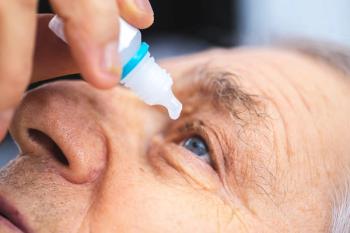
Community Health Centers in poor, rural communities lack vision care services
The George Washington University School of Public Health and Health Services study, "Assessing the Need for On-Site Eye Care Professionals in Community Health Centers," found that the absence of eye-care services in rural and low-income areas is a major public health crisis that puts individuals at greater risk for undiagnosed and untreated eye and vision problems.
Key Points
Washington, DC-The George Washington University School of Public Health and Health Services study, "Assessing the Need for On-Site Eye Care Professionals in Community Health Centers," found that the absence of eye-care services in rural and low-income areas is a major public health crisis that puts individuals at greater risk for undiagnosed and untreated eye and vision problems. A full 70% of community health centers do not offer on-site vision care services, the analysis found, because of cost; difficulties with Medicaid, Medicare, and private insurance reimbursement; and discrepancies in Medicaid coverage and benefits across states.
"The American Optometric Association [AOA] is committed to increasing access to eye care for all Americans," said Dr. Barry Barresi, executive director of the AOA. "We have a responsibility to help ensure that essential primary eye care services are offered at these facilities. Greater access to preventive eye care can lead to diagnosis and treatment before loss of vision becomes severe or untreatable."
The AOA has joined with the National Association of Community Health Centers, the New England Eye Institute, and the Massachusetts League of Community Health Centers to advocate for access to high-quality, comprehensive, affordable vision care for medically underserved populations in community health centers.
Health care advocates advise that a more detailed evaluation of the type and quality of eye care should be conducted to help health centers identify cost-effective practices and evaluate the cost of vision health. Experts also advise that additional research should be conducted to assess the value of having an eye care professional on-site and the impact on reducing or eliminating vision disparities.
Newsletter
Want more insights like this? Subscribe to Optometry Times and get clinical pearls and practice tips delivered straight to your inbox.









































